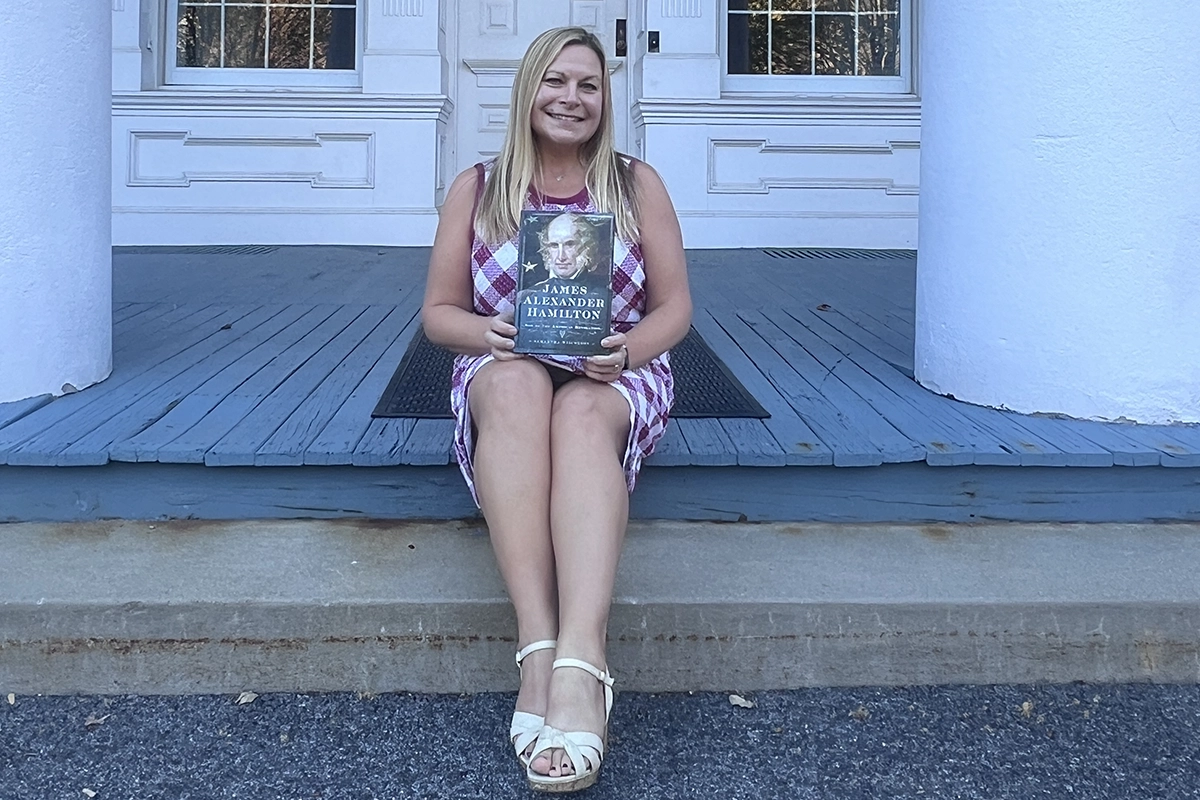The Dual Worlds of Ken Webb: From Historian to Crime Fiction Maestro

A Historian’s Journey Into The World Of Crime Fiction
Ken Webb, a celebrated historian and educator, transitions into crime fiction, blending his life experiences, love for storytelling, and passion for music to create the compelling Detective Spence Hargreaves series.
Ken Webb, a name that resonates with students and educators across continents, has long been celebrated for his contributions to historical scholarship. Born in the industrial town of Swindon, England, Webb’s career as a historian and educator has been nothing short of remarkable. His meticulously crafted history books, covering topics such as the Weimar Republic and the Vietnam War, have become essential resources in classrooms worldwide. Yet, beyond the academic realm, Webb has embarked on a creative journey that has captivated an entirely different audience—readers of crime fiction.
Under the pseudonym A L Masters, Webb has transitioned into the world of storytelling, crafting the gripping Detective Inspector Spence Hargreaves series. This leap from historical analysis to fictional intrigue is not a departure from his roots but rather an expansion of his creative horizons. In an exclusive interview, Webb opens up about his dual passions, the influence of his upbringing, and the creative process behind his novels.
A Historian’s Foray into Fiction
For Webb, the move into crime fiction was not a complete shift but a long-held aspiration finally realized. “It was not really a pivot,” he explains. “I still write history books and get much pleasure from that. It was a case of finally having the time to fulfill a desire I had had for a long time to delve into crime fiction.” His extensive experience as a historian has undoubtedly shaped his approach to storytelling, providing a foundation of discipline and structure that complements the imaginative demands of fiction writing.
The Spence Hargreaves series, which explores the life and cases of a detective inspector, reflects Webb’s ability to weave intricate narratives. His latest installment, Julie Trax Down, takes readers back to the 1980s, offering a glimpse into Hargreaves’ early days as a detective. Webb’s own experiences growing up in Swindon during that era heavily influenced the setting and tone of the novel. “I wanted my readers to fully understand the temporal and geographical context of my stories,” he shares. “Swindon was a natural choice because I grew up there and have been a frequent visitor since emigrating.”
The Teacher’s Touch
Decades of teaching and lecturing have also left an indelible mark on Webb’s writing. Having interacted with countless students, parents, and colleagues, he has developed a keen understanding of human character and behavior. This insight is evident in the depth and complexity of his fictional characters. “You learn much about character and personality in a teaching environment,” he notes. “This has helped with some of the character development in my stories.”
Webb’s ability to create relatable and engaging characters is a hallmark of his writing. From the enigmatic Spence Hargreaves to the cunning villains that populate his novels, each character is meticulously crafted to draw readers into the story. “I like my ‘villains’ to be smart, complex, and imaginative,” he says. “For me, motive and psychology are always far more fascinating than forensics or police procedure.”
Music, Mood, and Mystery
One of the most distinctive aspects of the Spence Hargreaves series is the detective’s love of blues music, particularly the works of Eric Clapton. This passion adds a layer of humanity to Hargreaves, making him more than just a crime-solving machine. “The blues obsession adds some color to Spence Hargreaves,” Webb explains. “He can be tough and smart, but the music aspect humanizes him.”
Music also plays a subtle yet significant role in shaping the mood and themes of Webb’s novels. By weaving cultural references into his stories, he creates a rich tapestry that enhances the reader’s experience. “Every so often, I drop in music and other cultural references which I think readers might appreciate,” he says.
The Joy of Crime Fiction
For Webb, the transition to crime fiction has been both rewarding and liberating. While his history writing is rooted in facts and analysis, fiction allows his imagination to roam freely. “Thinking up plot lines, twists, playing with the characters, allowing my imagination to wander into often dark corners is a lot of fun,” he admits.
The creative process behind his novels is as dynamic as the stories themselves. Webb begins with a central idea and a clear understanding of “who did it,” but the journey from start to finish is often unpredictable. “Once I start writing, the imagination takes over,” he says.
Looking Ahead
As for the future of the Spence Hargreaves series, Webb envisions a dual timeline that explores the detective’s career both as a young, enthusiastic DC in the 1980s and as a world-weary DI in the 2010s. Beyond that, he hints at the possibility of creating an entirely new set of characters, perhaps based in Sydney, where he now resides.
Ken Webb’s journey from historian to crime fiction author is a testament to the power of reinvention and the boundless possibilities of storytelling. Whether through his history books or his gripping novels, Webb continues to educate, entertain, and inspire readers around the world. For fans of crime fiction and history alike, his work offers a unique blend of intellectual depth and narrative intrigue—a true reflection of the dual worlds he so masterfully inhabits.

















